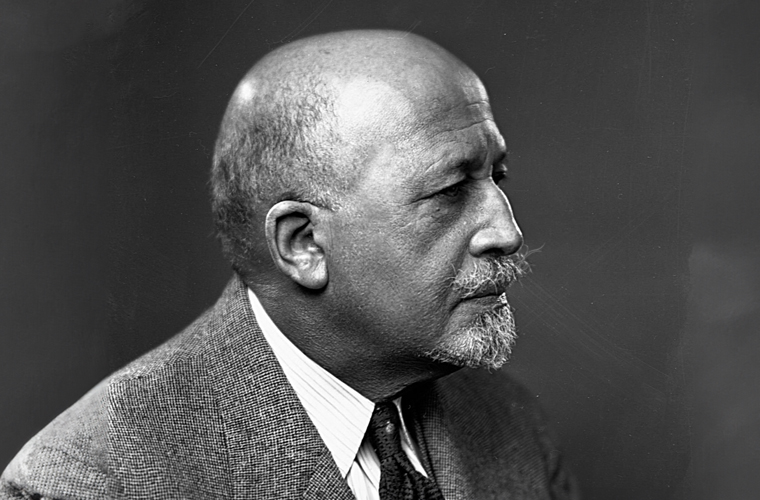W. E. B. Du Bois, born on February 23, 1868, was an influential figure in African-American history. He was a sociologist, historian, civil rights activist, and writer who dedicated his life to fighting for racial equality and justice. Du Bois’ work and contributions have had a lasting impact on the field of sociology and the advancement of civil rights in America. Du Bois grew up in Great Barrington, Massachusetts, in a predominantly white community. Despite facing racial discrimination and prejudice from an early age, he excelled academically and became the first African-American to earn a Ph.D. from Harvard University in 1895. This accomplishment alone was remarkable, considering the limited opportunities available to African Americans at the time.
Du Bois’ early academic pursuits laid the foundation for his lifelong commitment to addressing the social and economic disparities faced by African Americans. In 1903, he published his seminal work, “The Souls of Black Folk,” which explored the experiences of African Americans and the concept of “double consciousness” – the idea that African Americans have to navigate between their own identity and the expectations imposed upon them by white society. As a sociologist, Du Bois conducted extensive research on race and class in America. He co-founded the National Association for the Advancement of Colored People (NAACP) in 1909, an organization dedicated to fighting for racial equality through legal means. Du Bois served as the editor of the NAACP’s magazine, The Crisis, for over two decades, using it as a platform to highlight racial injustices and advocate for social change.


















Du Bois’ research and writings challenged prevailing notions of race and provided a critical analysis of American society. He argued that racism was not only a result of individual prejudice but also deeply ingrained in social structures and institutions. This perspective was groundbreaking at the time and laid the groundwork for future sociological theories on race and inequality. In addition to his academic pursuits, Du Bois was actively involved in civil rights activism. He organized protests, advocated for voting rights, and fought against racial segregation. His activism often put him at odds with more moderate civil rights leaders who favored gradual change. Du Bois believed in the necessity of immediate and radical action to address systemic racism.
Despite his remarkable achievements and contributions to African-American history, Du Bois faced significant opposition and criticism throughout his life. He was labeled a radical and communist sympathizer during the McCarthy era, which led to his indictment by the U.S. government in 1951. Although he was acquitted, this experience had a profound impact on his later years.
W. E. B. Du Bois passed away on August 27, 1963, in Accra, Ghana, where he had become a citizen after renouncing his American citizenship. His legacy lives on through his writings, activism, and dedication to racial equality. Du Bois’ work continues to inspire generations of scholars and activists who strive for a more just and equitable society.
In conclusion, W. E. B. Du Bois was a pioneer in African-American history whose contributions to sociology, civil rights activism, and literature have had a lasting impact on American society. His groundbreaking research on race and inequality challenged prevailing notions and paved the way for future generations to fight for racial justice. Despite facing opposition and adversity throughout his life, Du Bois remained steadfast in his commitment to creating a more inclusive and equitable world. His legacy serves as a reminder of the ongoing struggle for racial equality and the importance of challenging social injustices.

